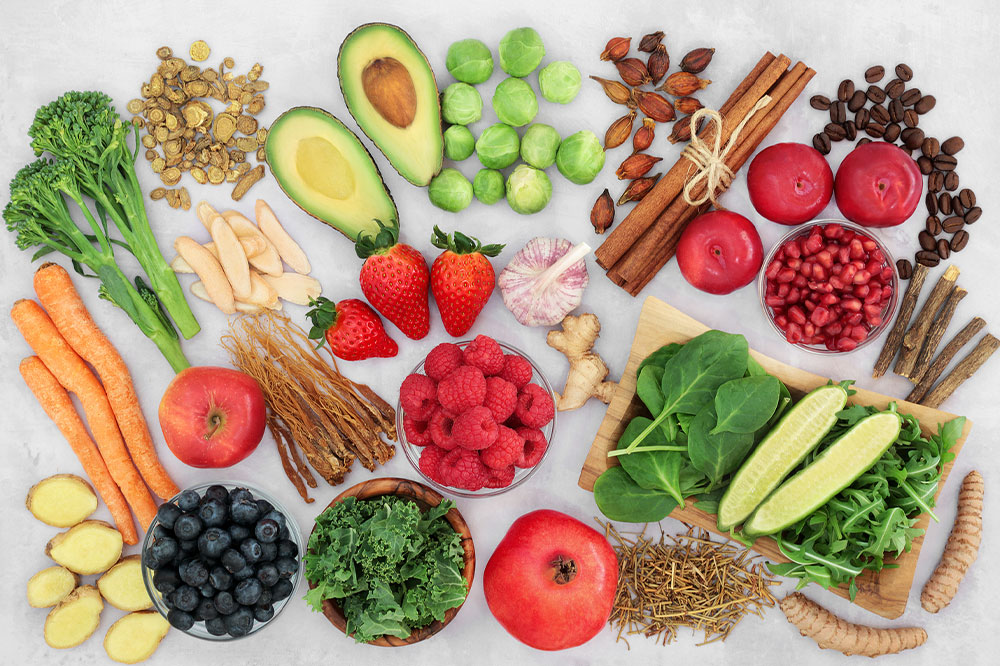Foods That May Worsen Asthma Symptoms and How to Avoid Them
Discover how certain foods may worsen asthma symptoms and learn effective strategies to prevent attacks. This article highlights common dietary triggers, the importance of allergy testing, and practical tips for managing asthma through healthy eating and lifestyle modifications. Protect yourself by understanding food sensitivities and choosing safe, fresh options to keep symptoms in check and improve overall respiratory health.

Foods That Can Aggravate Asthma Symptoms
Asthma is a respiratory condition characterized by inflammation of the airways, making breathing challenging. It often results from environmental triggers, although genetics can play a role. During an attack, airway muscles spasm, swelling occurs, and mucus builds up, leading to coughing, wheezing, and shortness of breath. Both children and adults are susceptible to these episodes, which can vary in severity.
Common Triggers
Environmental allergens like pollen, dust mites, mold, pet dander, and exposure to pollutants are primary triggers. While dietary habits are less direct, some foods may influence inflammation. Processed meats, refined grains, sugary foods, and dairy products have been linked to increased inflammation, potentially exacerbating asthma symptoms.
Long-term inhaler use offers limited relief and may cause side effects such as osteoporosis, high blood pressure, diabetes, weight gain, and eye issues. Managing trigger foods and lifestyle adjustments are vital for controlling symptoms.
Food allergies and asthma
Most people with asthma don't need to restrict their diet. However, a small percentage with food allergies might experience severe reactions. When allergic individuals consume specific foods, they may encounter immediate wheezing or coughing. Carrying inhalers and emergency auto-injectors is crucial for safety during severe attacks.
Foods That Can Trigger Asthma Symptoms
Foods only provoke symptoms in sensitive or allergic individuals. Common culprits include:
Cow’s milk
Eggs
Fish
Some fruits
Peanuts
Shrimp and shellfish
Soy
Nuts
Food sensitivities influence asthma
Processed foods may contain chemicals like sulfites and histamines, which can trigger asthma symptoms. Sulfites, found in dried foods, pickles, seafood, and wine, can provoke reactions in sensitive individuals. Histamines, naturally in aged cheeses, yogurt, and fermented products, may also cause asthma-like effects. Additionally, foods causing acid reflux or containing salicylates, such as coffee and certain herbs, might worsen symptoms.
Preventing Trigger Foods
Allergy testing: Undergoing allergy tests helps identify specific food triggers. Once known, individuals should avoid these foods to reduce attack risks.
Read labels diligently: Food labels list potential allergens, enabling informed choices. Many products feature allergen-free options, aiding safe shopping.
Eat fresh foods: Preparing meals at home with fresh ingredients minimizes exposure to potential triggers and gives better control over diet.










